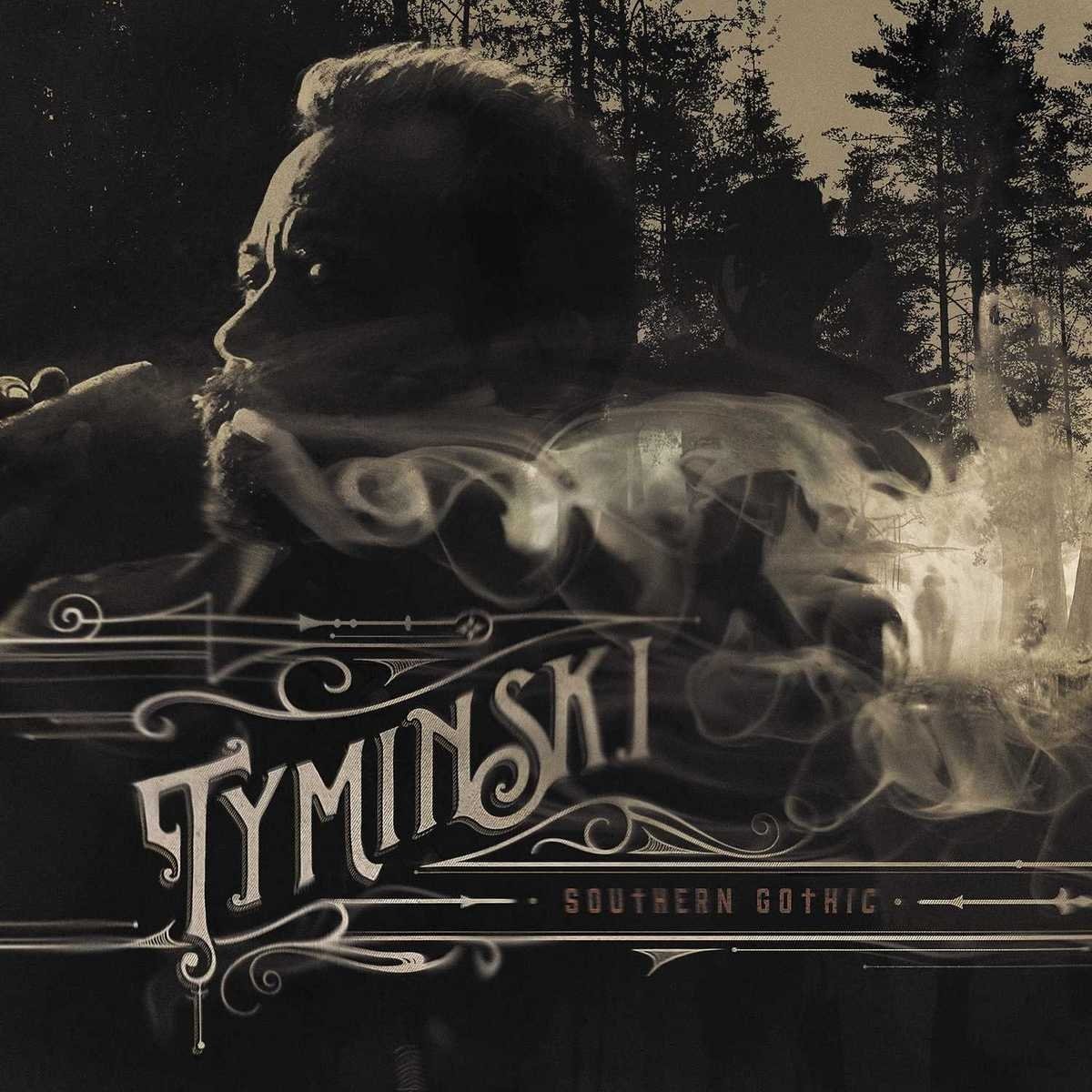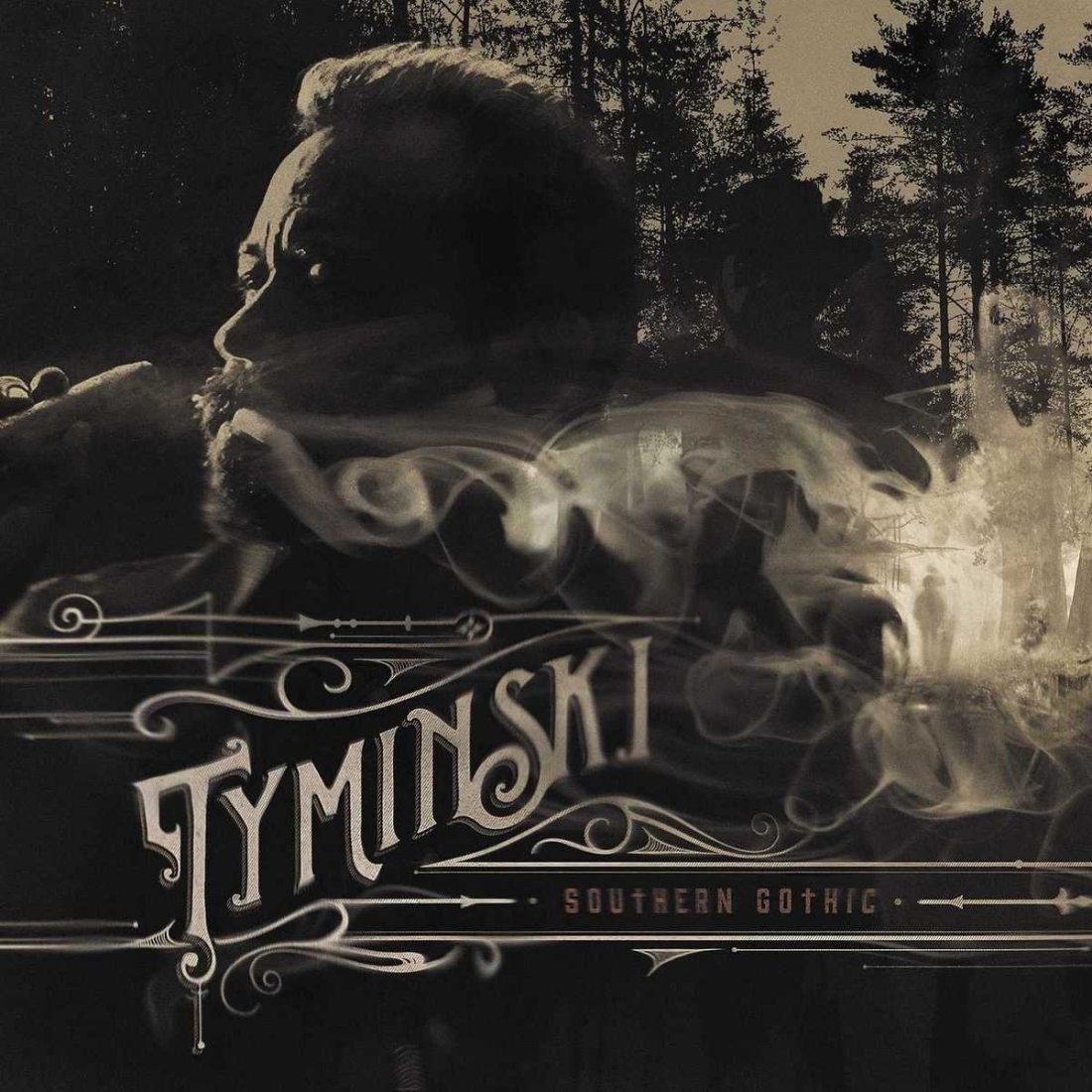
A few days ago, I re-stumbled across “Southern Gothic” by Dan Tyminski. In the song he cries out “With a church on every corner why does heaven feel so far away?” The question voices an ugly dissonant truth about the church in America. Church in the broader culture should be acting God’s will “on earth as it is in heaven,” but for all the churches nothing seems to be different.
Last weekend I received a call from a young lady I had not heard from in half a decade or more. I taught the youth group at church where she met John and was at their wedding. I didn’t know a few years into their marriage he committed adultery. She felt God called her, despite her wishes, to stay and forgive. She returned evil with good of forgiveness and reconciliation. After rebuilding trust, they started having kids. While pregnant with their second, it happened again – and he wanted a divorce.
“Why?” she asked.
The song continues, “This town’s got the good Lord shakin’ his head / Lookin’ down thinking we ain’t heard a word he said / A word he said”
Certainly, we can look at John and say, “he hasn’t heard a word,” but we would be missing God’s word to each of us. The call to follow Christ at all costs. She was like Christ amid suffering. She paid the price and brought heaven down to be at the doorstep of one who doesn’t deserve it.
Heaven came to earth in the person of Jesus Christ who took up the cross to bear our betrayal against him. The church brings heaven to earth when its people, like Christ, bear up the evil of the world in themselves by responding to evil with good.
The church is soft. In becoming a safe place we ceased to be a good place. We chose loving the self first and boundaries over self-sacrifice and turning the other cheek. The Christian walk has become indifferentiable from someone trying to live kindly. We are so fixated on pursuing dreams, feeling good, and being happy that we forget the cross is our hope.
